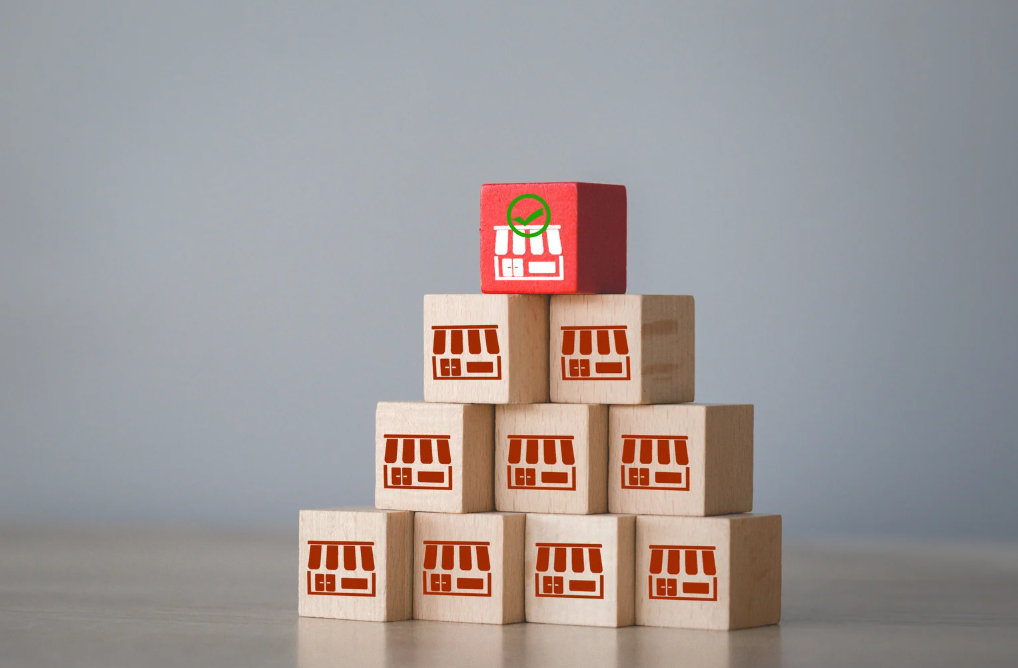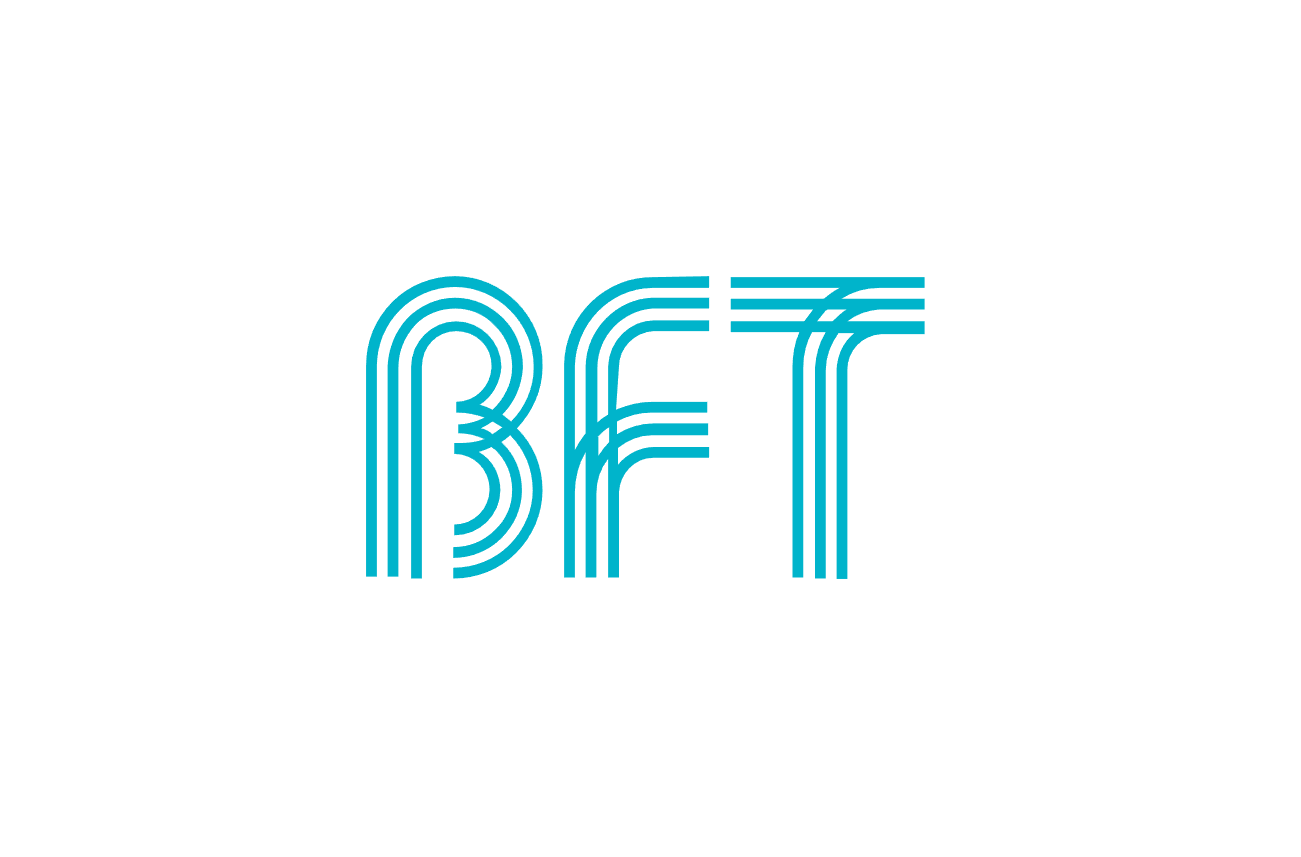In the world of franchising, the term pilot franchise refers to a test or trial version of a franchise operation that is launched before a full-scale franchise rollout. In Australia, where franchising is a popular model for business expansion, a pilot franchise plays a critical role in determining the viability and replicability of a business concept. It allows franchisors to evaluate their systems, processes, and business model in a real-world setting without the full commitment of a nationwide or regional expansion.
A pilot franchise is often the first or one of the first locations to operate under franchise conditions, rather than corporate ownership. It serves as a live demonstration of how the business would function under the direction of a franchisee, and it provides invaluable insights into whether the concept can be successfully replicated across other locations and markets.
The Role of a Pilot Franchise in Business Development
The purpose of launching a pilot franchise in Australia is to test more than just customer interest. It involves examining how well the brand’s systems perform, how effective the training and support programs are, and whether the operational manuals are clear and easy to follow. Essentially, it puts the entire franchise system through a dress rehearsal.
For franchisors, it is an opportunity to identify and fix gaps or inefficiencies before offering the franchise to a wider audience. For example, if a certain process is too complex or costly, or if supply chain issues arise, the pilot period allows the franchisor to make improvements without negatively impacting multiple franchisees.
In many cases, pilot franchises are used to test how adaptable the business is in different Australian markets, whether that be urban centres like Sydney and Melbourne or regional areas with different consumer behaviours and logistical challenges.
Legal and Strategic Considerations in Australia
Under the Franchising Code of Conduct in Australia, franchisors are required to provide accurate and detailed information to potential franchisees. A pilot franchise helps ensure that the representations made in the franchise disclosure document are based on actual results and not merely projections or assumptions.
While it is not legally mandatory to run a pilot franchise before launching a franchise system, it is strongly recommended and often expected. Without a proven pilot, franchisors may struggle to gain the trust of investors or meet the due diligence requirements of savvy franchise buyers.
Strategically, a successful pilot also strengthens the brand’s credibility in the Australian market. It shows that the business model has been tested under real operational conditions and is capable of generating returns when managed by someone other than the original owner.
Conclusion
A pilot franchise is a critical phase in the development of a franchise system in Australia. It allows franchisors to test their model, refine their systems, and ensure operational readiness before opening the business opportunity to the broader market. For potential franchisees, the existence of a successful pilot provides reassurance that the concept has been proven in real-world conditions. As franchising continues to grow across Australia, the importance of pilot franchises in building sustainable and trustworthy franchise networks cannot be overstated.









